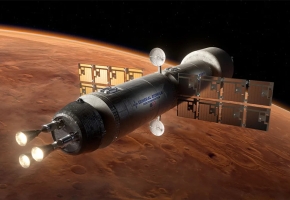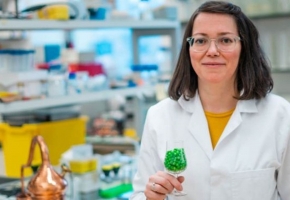A Million-Mile Electric Car Battery: Musk Wasn’t Lying

When earlier this year Tesla’s Elon Musk said the company could soon have batteries lasting for over one million miles, many probably took it as yet another grand promise with less substance than realism requires. Now it seems Musk may have not been exaggerating.
The researchers from Dalhousie University have an exclusive agreement with Tesla, and two months ago they reported that they had designed battery cells with higher energy density without using the solid-state electrolyte that many believe is a necessary condition for enhanced density.
Range and battery durability — and cost — are the biggest obstacles to mass EV adoption. On the one hand, drivers want to know their car won’t die midway to their destination because its range is too short. On the other, they also want to know the battery will last.
Realistically speaking, no car needs a battery that can last for a million miles, simply because few people keep their cars for that long. Most cars have exhausted their useful life at about 200,000 miles. Yet it does sound impressive, and what’s even more impressive is that, according to the researchers, the new battery cell only loses a tenth of its energy density over this extended lifetime, which makes it more efficient than existing batteries.







